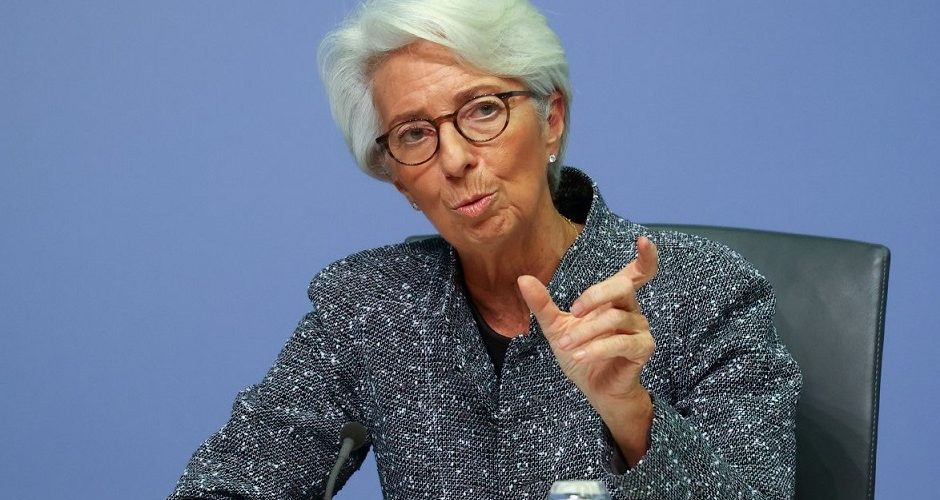The executives of the European Central Bank (ECB) are trying to reach an agreement on a new inflation target, climate action and bond purchases.
The ECB will hold a conclave from Tuesday to finalize the review of its strategy. David Marsh, chairman of the Official Monetary and Financial Institutions Forum, a German think tank, reports this. If an agreement is reached, an announcement may follow. An ECB spokesman only wants to say that meetings are planned.
ECB President Christine Lagarde launched the first strategic reflection exercise since 2003 in early 2020. The review was supposed to take a year, but it has been delayed due to the corona crisis. The reflection exercise should assess whether the strategy is still adapted to the changed economic environment.
A crucial part of the thinking exercise is the inflation target. Now the ECB aims for inflation of ‘less than but close to 2 percent over the medium term’. The current definition suggests that the ECB is more concerned about inflation that is higher than the target than about inflation that is lower.
Housing costs
The directors will probably adjust the target and aim for 2 percent inflation from now on. A point of discussion is whether a period of under-inflation should then be compensated by a period of over-inflation. The US central bank (Fed) has had such a strategy since last year, because it aims for ‘average inflation of 2 percent’. German ECB executive Jens Weidmann is against such an approach. Other executives, especially from southern Europe, are willing to follow the Fed’s lead.
The question also arises as to whether the ECB will pay more attention to rising housing costs. Current inflation figures take rents into account, but not rapidly rising property prices.
The question of whether the ECB should do more against climate change is also on the table. One possible option is for the central bank to green its bond portfolio by no longer buying paper from polluting companies. Some directors, including the Belgian Pierre Wunsch, are reluctant. “I have no political mandate,” Wunsch said in an interview with De Tijd in April. ‘May we influence political balances?’
While the pandemic bond purchase program (PEPP) is not part of the reflection, it may also be addressed during the conclave. A group of executives, including Wunsch, wants to end that program by the end of March 2022, Marsh says. Others, including chief economist Philip Lane, do not want to rule out an extension.

